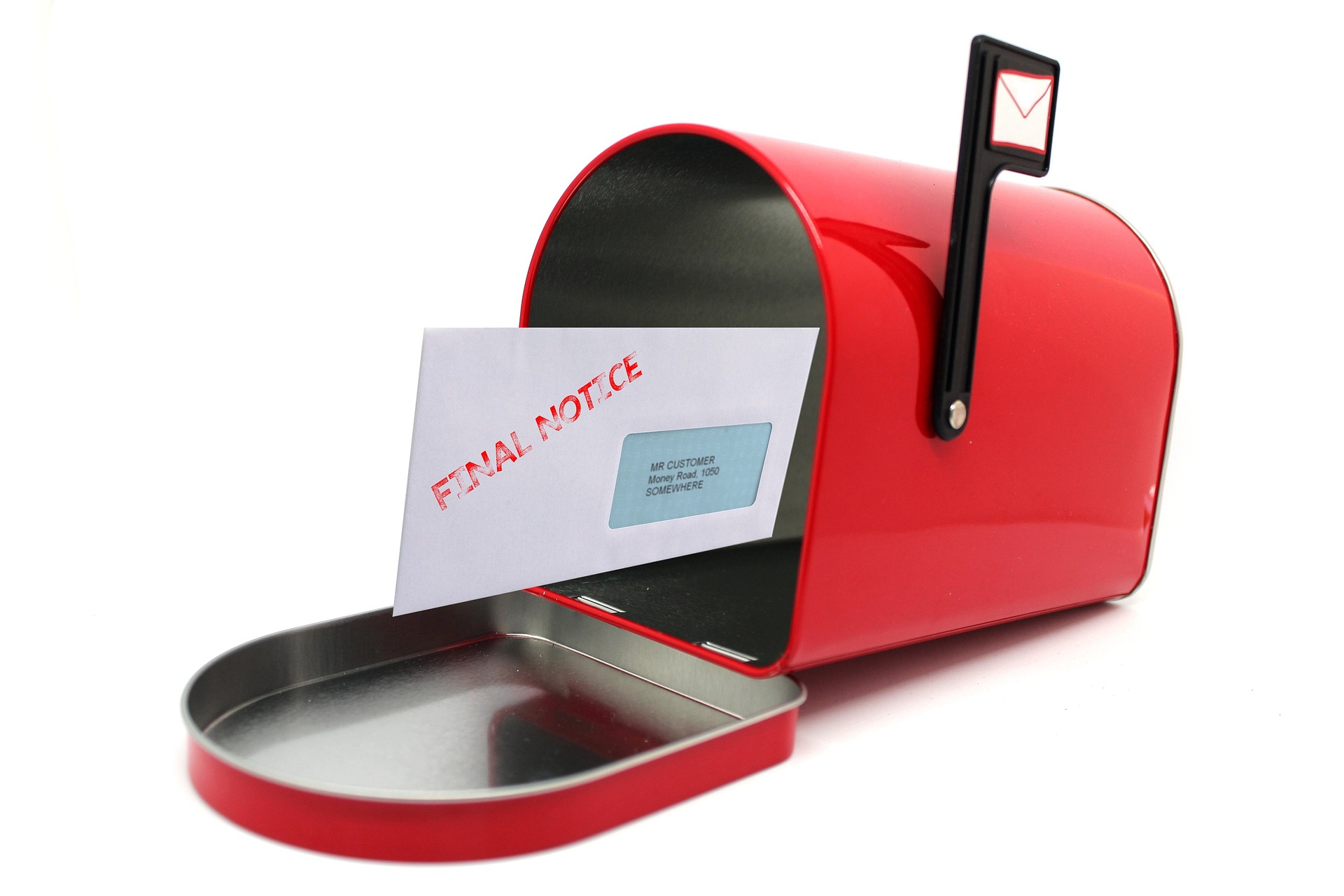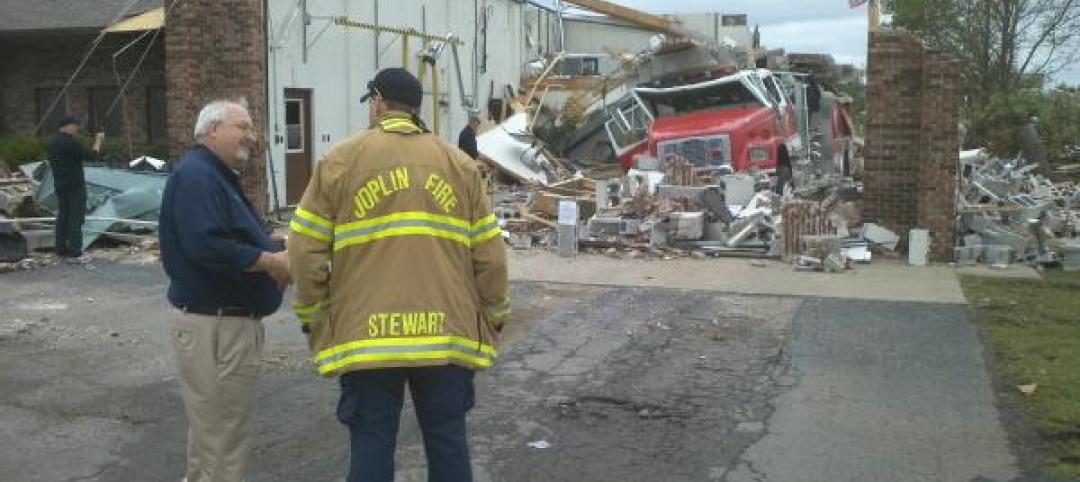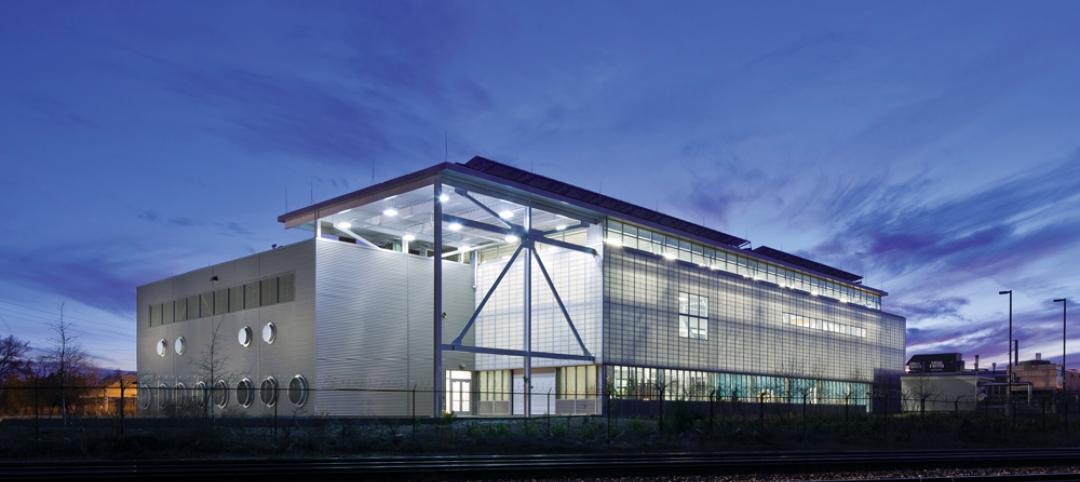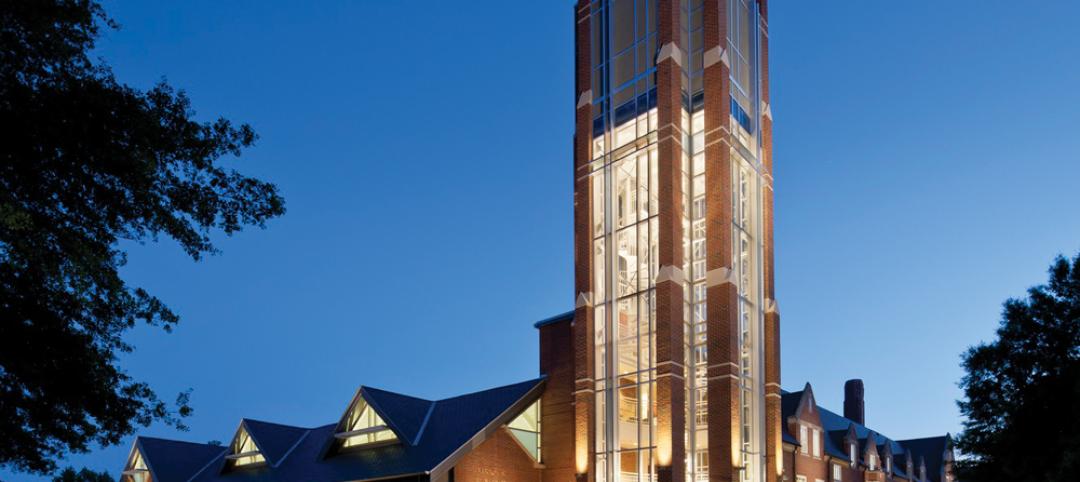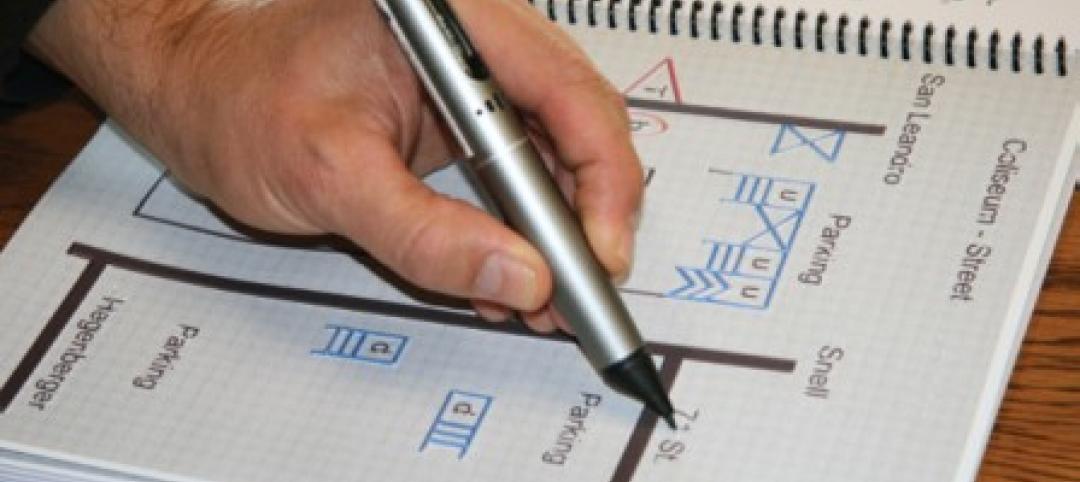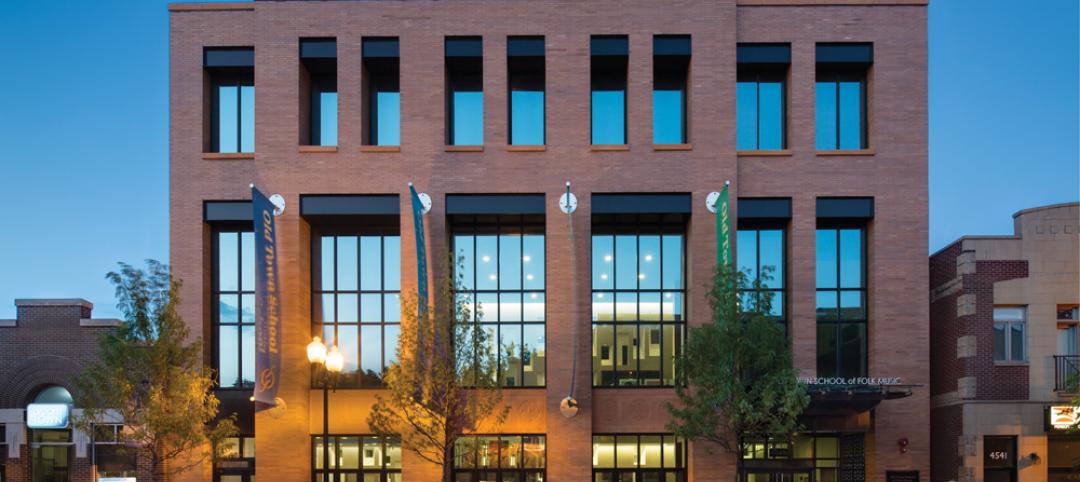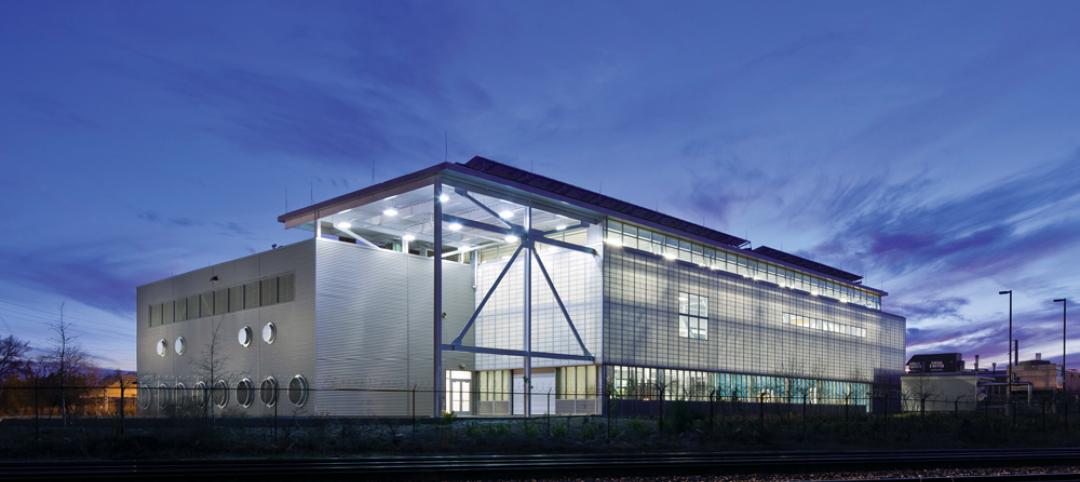The cost of floating payments for wages and invoices represents $208 billion in excess cost to the construction industry, a 53% increase from 2021, according to a survey by Rabbet, a provider of construction finance software.
Those costs are passed on to real estate developers and financiers in the form of project delays, added risk, and higher bids from contractors.
Other survey findings include:
- 37% of all respondents report that work has been delayed or stopped due to a delay in payments to crew members
- 62% of general contractors incurred billing charges, financing charges, or other costs when floating payments to others
- There was an 8.5x increase in general contractors using retirement savings to float payments for their business
Though a 53% increase in the cost of slow payments in one year is major, it’s on par when considering the current economic environment, according to a Rabbet news release.
Some contractors said they are boosting their bids 5-10% to help absorb associated costs and are “pickier when selecting bids because of increasing labor and supply prices.”
Related Stories
| Jun 13, 2013
WorkingBuildings acquires Specialty Operations Solutions
The WorkingBuildings Companies, a leading provider of comprehensive Owner-based solutions for the built environment, announces the acquisition of Specialty Operations Solutions (SOS), a national provider of research and laboratory services.
| Jun 13, 2013
Health Product Declaration Collaborative names Knott as Executive Director
John L. Knott Jr. has been named as the Health Product Declaration Collaborative’s (www.hpdcollaborative.org) first Executive Director following a national search. The Health Product Declaration Collaborative (HPDC) is a customer-led standards-setting organization committed to the continuous improvement of the building industry’s environmental and health performance, through transparency and innovation in the building product supply chain.
| Jun 13, 2013
AIA partners with industry groups to launch $30,000 'Designing Recovery' design competition
The program will award a total of $30,000 to three winning designs, divided equally between three locations: Joplin, Mo., New Orleans, and New York.
| Jun 12, 2013
More than 90% of New York City schools have code violations
More than 90% of New York City schools have at least one outstanding building code violation. Loose wires, stuck doors and inadequate ventilation are just some of the problems.
| Jun 12, 2013
5 building projects that put the 'team' in teamwork
The winners of the 2013 Building Team Awards show that great buildings cannot be built without the successful collaboration of the Building Team.
| Jun 12, 2013
Sacred synergy achieves goals for religious education [2013 Building Team Award winner]
A renovation/addition project at Columbia Theological Seminary unites a historic residence hall with a modern classroom facility.
| Jun 12, 2013
‘Talking’ Braille maps help the visual impaired
Talking pen technology, combined with tactile maps, allows blind people to more easily make their way around BART stations in the Bay Area.
| Jun 11, 2013
Music/dance building supports sweet harmony [2013 Building Team Award winner]
A LEED Gold project enhances a busy Chicago neighborhood, meeting ambitious criteria for acoustical design and adaptability.
| Jun 11, 2013
Vertical urban campus fills a tall order [2013 Building Team Award winner]
Roosevelt University builds a 32-story tower to satisfy students’ needs for housing, instruction, and recreation.
| Jun 11, 2013
Building a better box: High-bay lab aims for net-zero [2013 Building Team Award winner]
Building Team cooperation and expertise help Georgia Tech create a LEED Platinum building for energy science.


